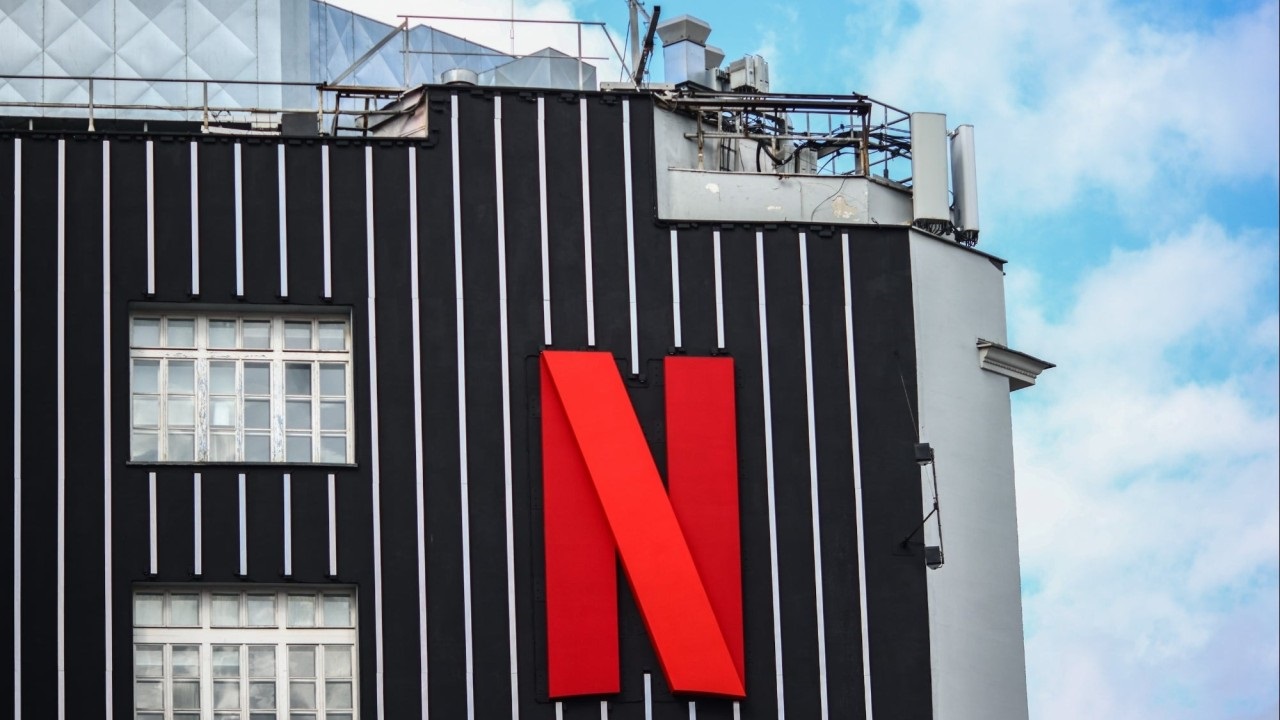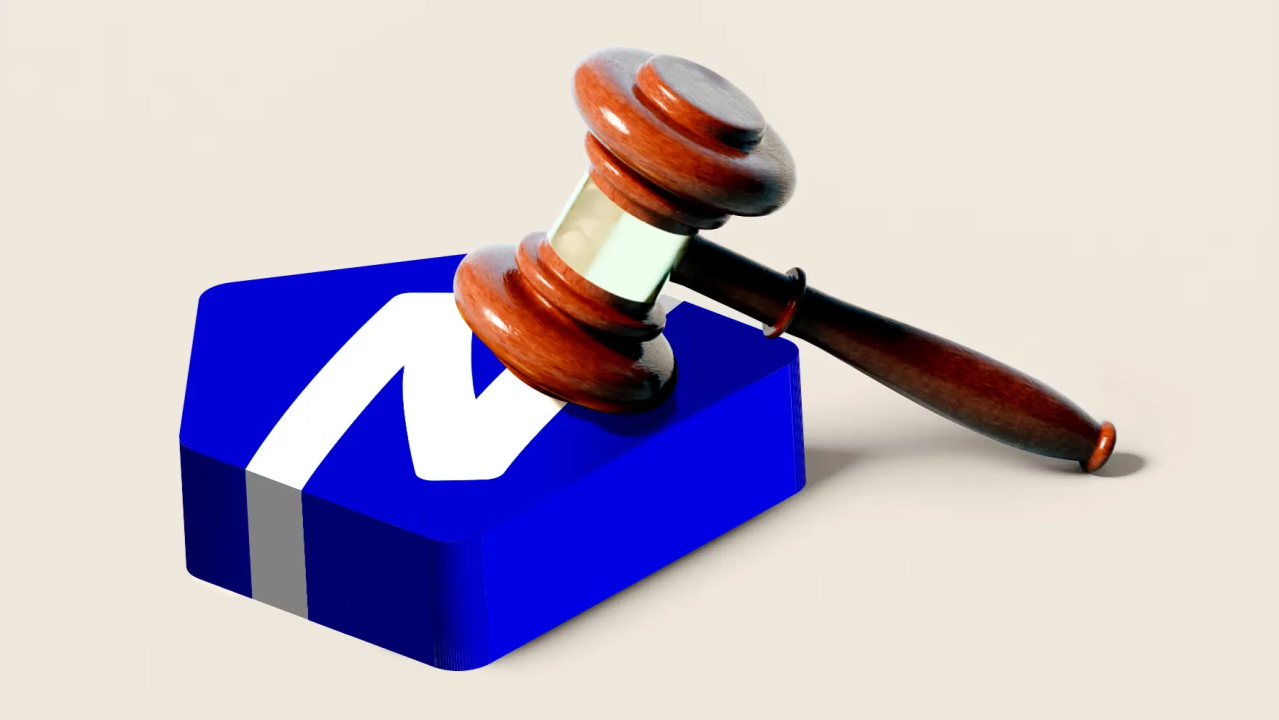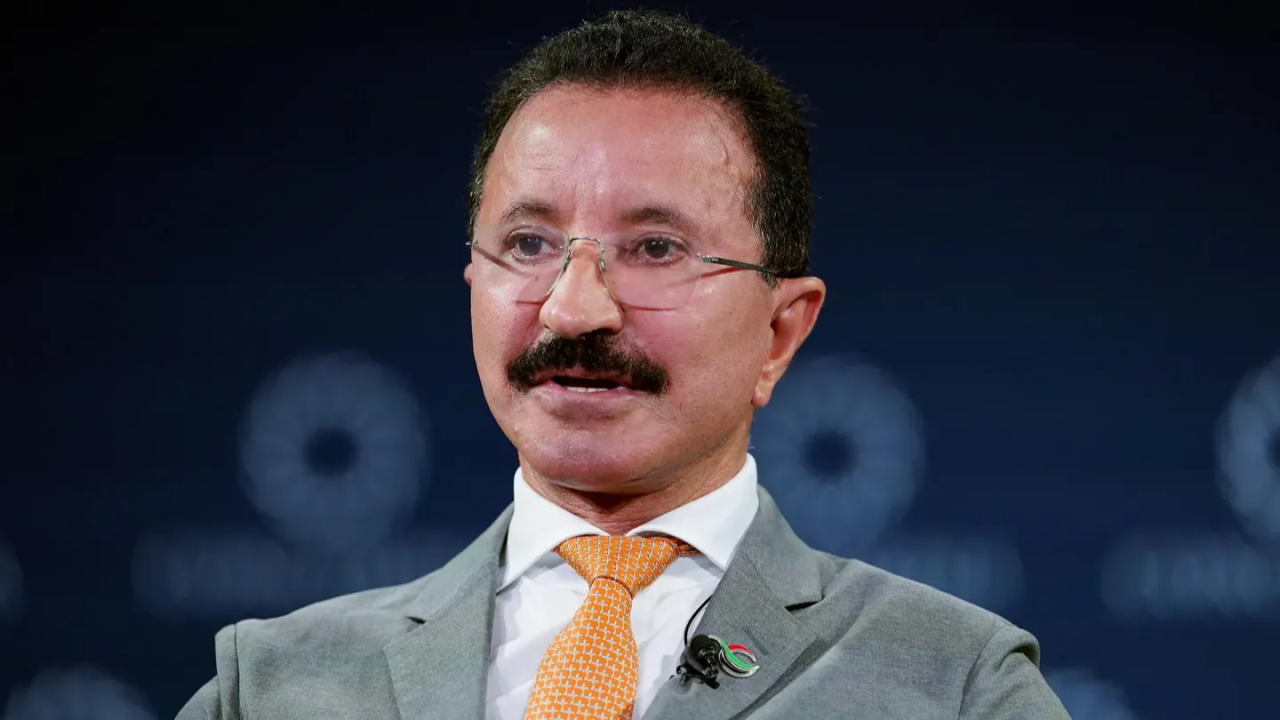3,262,125 subscribers

The Economist
13,034,410 followers
September 9, 2024
Enjoying this newsletter? Get it in your inbox every weekend, as well as our daily round-up of The Economist’s best journalism, by signing up for free here.
Hello from London,
Yuval Noah Harari’s excellent new book, “Nexus”, is all about information, AI, truth and power. You can read our review of it. I’d also suggest turning to the historian’s provocative guest essay for us, published last year, in which he argues that AI has the means to “hack the operating system” of civilisation.
This week Kamala Harris and Donald Trump will lock horns in their first, and probably only, televised debate. Sometimes political theatre matters. Tony Blair recalled how, as Britain’s prime minister, the most “nail-biting, bowel-moving, terror-inspiring, courage-draining” times he endured were fending off hostile questions during debates in Parliament every week. He knew the danger of a bad performance, as it could cost him authority, popularity and eventually power. Joe Biden—remember him?—learned that lesson, after his woeful performance against Donald Trump in June.
So what’s likely to happen on Tuesday? We think Kamala Harris has learned to talk better in debates: she has cut back on her previous abstract meandering. As a result, she probably has the advantage over Mr Trump in their face-off (read our column on the topic). For more on the candidates’ speaking styles, I strongly recommend our language columnist’s analysis of the number of words—and the variety of them—used by Mr Trump, Ms Harris and others in their debates. Back in 2015 Mr Trump bragged that “I know words. I have the best words.” Well, we’ve tested him on that. You can read the results.
In Europe Mario Draghi, a respected former central banker and Italian prime minister, today presented his much-anticipated recommendations on how to make the EU’s stodgy economy more nimble. He wants a “new industrial strategy” backed by investment “on a par with the Marshall Plan”. He has written a new guest essay for us outlining his proposals. (Last year he wrote for us on Europe’s fiscal future.)
I want to tell you about a new offer. We have made our Espresso app free for students aged 16 or older anywhere in the world. (Read about the details.) This means you get a daily briefing on the most important stories in business, politics and culture, with videos and translations available in four languages. Plus, students will receive our morning World in Brief newsletter and get access to a selection of full Economist articles each week. If you’re a student, subscribe here. (And if you are the parent of a student, or a teacher of them, I encourage you to tell them about this offer.)
Adam Roberts, digital editor
Recommended reads

The Harris-Trump debate will be a clash of speaking styles
When Donald Trump and Kamala Harris debate for the first time on Tuesday, two very different speaking styles will be on display. Our language columnist assesses their effectiveness in two charts.

How Boston became the safest big city in America
Murder is declining across the country, but Boston has led the way. The city shows how safe cities could be, and what it would take to achieve that.

Is the era of the mega-deal over?
Nippon’s acquisition of US Steel is not the only mega-merger falling apart. Suspicion across the political spectrum of big companies has led to more radical and less predictable thinking on antitrust.
Most read by subscribers this week
- Why Sudan’s catastrophic war is the world’s problem
- What makes Europe so liveable?
- From Southwest to Spirit, budget airlines are in a tailspin
- Canada’s Conservatives are crushing Justin Trudeau
Get full access to our journalism
Read three free articles each month on Economist.com—register for free. If you are not a subscriber, enjoy full access by subscribing here.
Report this article





